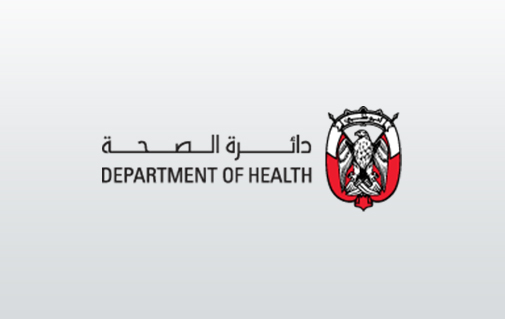News
15 Certified Child Passenger Safety Technicians and Educators in Abu Dhabi

15 Jan, 2012: Abu Dhabi - In collaboration with Safe Kids Worldwide, a global network of organizations with a mission of preventing unintentional childhood injury, The Health Authority – Abu Dhabi(HAAD), the regulator of health care in the Emirate of Abu Dhabi, conducted a 4 days training to certify 15 child passenger safety technicians and educators in Abu Dhabi.
The UAE still has one of the world’s highest rates of road death – an average incidence of 19.9 deaths per 100,000 population. According to a study released by Abu Dhabi Dept. of Transport in April 2011 total costs caused by road traffic crashes and injuries in the UAE have been estimated to account for around 3.5 billion AED annually.
Road Traffic crashes are the main cause of injury deaths to children in Abu Dhabi and the UAE, around 3 times higher than the global average. According to HAAD statistics children death rates accounted for 11% of total road traffic injury deaths in the last 3 years. Out of those 59% were UAE nationals, 23% Arab expats and 13 % Asian expats.
Dr. Omniyat Al Hajeri, Manager, Health Promotion and Surveillance at HAAD said: “Seat belts are one of the most effective tools to reduce the risk of injuries and fatalities in case of a crash. Unfortunately they were developed for adults not children, that’s why special child restraints are required, called child safety seats or simply known as ”car seats”.”
Previous studies reflect that the use of car seats for children in Abu Dhabi is less than 20% and a previous observational study conducted in Al Ain by UAE University reported that 98 per cent were unrestrained, 23 per cent travelling in the front seat (illegally) of which 96% were unrestrained.
In addition, the latest available local research found that most parents are confused or misinformed regarding the appropriate age to start and to stop using a car seat along with problems with the selection and installation of child seats.
Reem Al Ameria, Senior Officer Health Promotion at HAAD and a certified child passenger safety technician, said: “We want children to go back home safely, building capacity within the community is key in saving little lives and this training course is just a step towards that objective.”
“The certified technicians and educators will go back to their organizations to train and educate other colleagues and become a resource for the Emirate of Abu Dhabi in its drive to save little lives. The selected and trained advocates are positioned to help pass laws, develop messages and provide community based education throughout the Emirate”, she added.
Many Studies have also confirmed that drivers who buckle up are more likely to have child passengers who are buckled up. Children may not hear what you sat but they will do what you do.
Those trained came from different backgrounds including Police, Emirates Driving Company, School health and Ambulatory Health Services, HAAD, Family Development Foundation, Ministry of Social affairs.
The new UAE technicians join 34,000 US advocates who assist parents and caregivers with safely transporting their children every day through community education and car seat inspections.
In general, according to best recommendations a child will need 3 seats throughout his/her lifetime before using an adult seat belt and that starts from birth and can last till 8 or 12 years.
For a car seat to save lives it needs to fit the child, the vehicle, and be used properly every time. That is where the need for this specific training program came.
Child safety seats (car seats) are proven to be effective as using the appropriate type of car seats that are properly installed, can reduce deaths by 50 -75 % in crashes depending on the type of restraint used; according to the 2009 Seat belt and child restraints manual by FIA foundation for the Society and WHO :
- Children up to 4 years of age
- 80% lower risk of injury in rear-facing child safety seat
- 50% lower risk in forward-facing child safety seat
- 32% lower risk with adult seat belt
- Children aged 5–9 years
- 52% lower risk in child safety seat
- 19% lower risk with adult seat belt
- Children aged 10–14 years
- 46% lower risk with adult seat belt
Lorrie Walker, Training Manager and Technical Advisor from Safe Kids Worldwide thanked Reem Al Ameria of HAAD for bringing the US program to the UAE. "With children at risk every day for a road traffic injury or even death, something must be done and HAAD has taken a very big step to make families safer. We applaud them for this!"
“The carefully selected attendees were able to pass the rigorous written and hands-on skills tests to become certified technicians and educators. Not only were they good students in the class, they are now well positioned to carry tested messages forward after the class” added Lorrie Walker.



 For an optimal experience please
For an optimal experience please